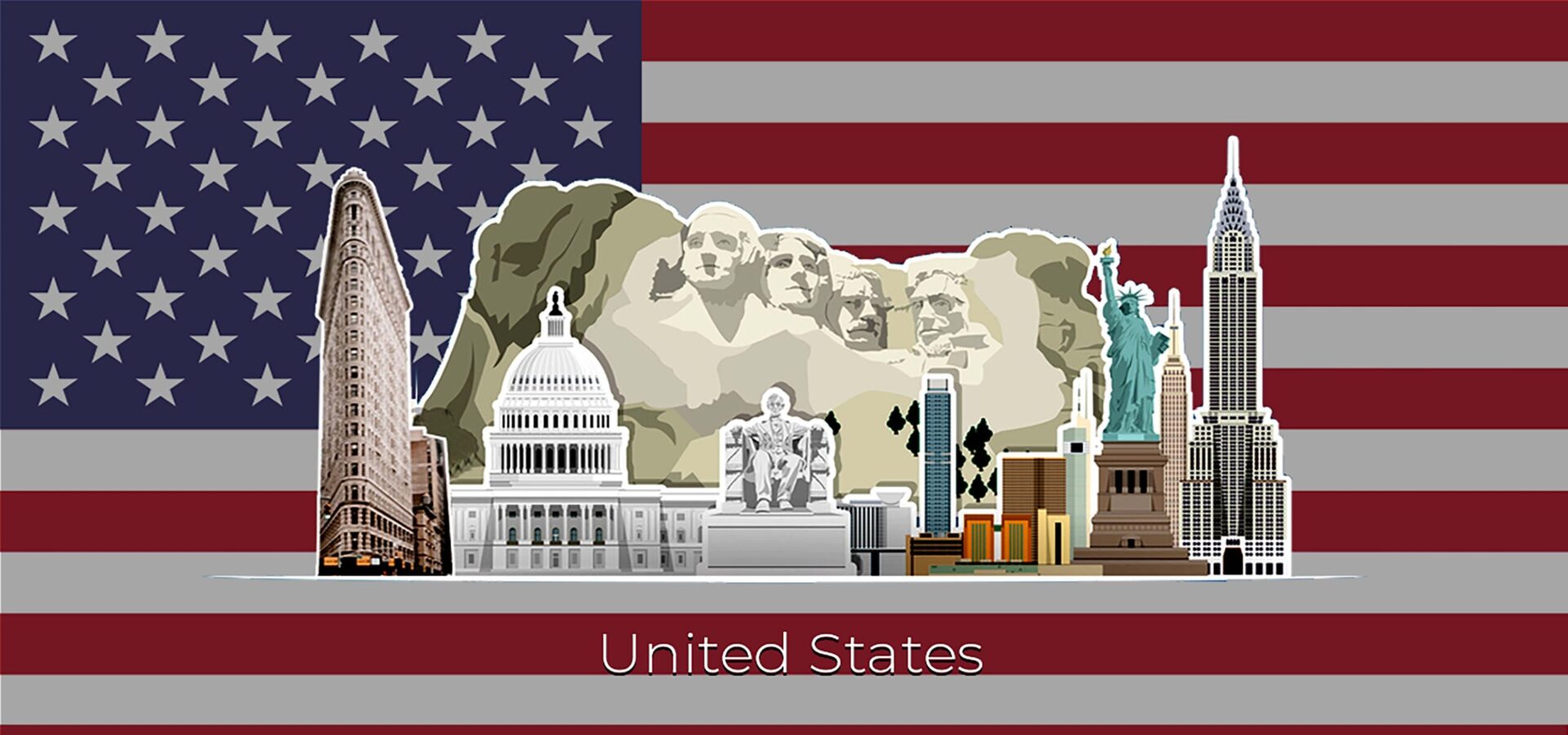| Rank |
University |
| 1 |
Massachusetts Institute of Technology (MIT) |
| 2 |
Stanford University |
| 3 |
Harvard University |
| 4 |
California Institute of Technology (Caltech) |
| 5 |
University of Chicago |
| 6 |
University of Pennsylvania |
| 7 |
Princeton University |
| 8 |
Yale University |
| 9 |
Cornell University |
| 10 |
Columbia University |
| 11 |
Johns Hopkins University |
| 12 |
University of Michigan-Ann Arbor |
| 13 |
University of California Berkeley (UCB) |
| 14 |
Northwestern University |
| 15 |
New York University (NYU) |
| 16 |
University of California, Los Angeles (UCLA) |
| 17 |
Duke University |
| 18 |
Carnegie Mellon University |
| 19 |
University of California, San Diego (UCSD) |
| 20 |
Brown University |
| 21 |
University of Texas at Austin |
| 22 |
University of Washington |
| 23 |
University of Wisconsin-Madison |
| 24 |
University of Illinois at Urbana-Champaign |
| 25 |
Georgia Institute of Technology (Georgia Tech) |
| 26 |
Pennsylvania State University |
| 27 |
Rice University |
| 28 |
University of California, Davis (UCD) |
| 29 |
University of North Carolina, Chapel Hill |
| 30 |
Boston University |
| 31 |
Washington University in St. Louis |
| 32 |
Purdue University |
| 33 |
University of Southern California |
| 34 |
Ohio State University |
| 35 |
University of Rochester |
| 36 |
University of California, Santa Barbara (UCSB) |
| 37 |
Emory University |
| 38 |
Michigan State University |
| 39 |
Texas A&M University |
| 40 |
University of Maryland, College Park |
| 41 |
Case Western Reserve University |
| 42 |
University of Pittsburgh |
| 43 |
University of Minnesota, Twin Cities |
| 44 |
University of Florida |
| 45 |
Vanderbilt University |
| 46 |
Dartmouth College |
| 47 |
Arizona State University |
| 48 |
University of California, Irvine (UCI) |
| 49 |
University of Notre Dame |
| 50 |
Yeshiva University |
| 51 |
University of Massachusetts, Amherst |
| 52 |
University of Virginia |
| 53 |
University of Arizona |
| 54 |
Rutgers – The State University of New Jersey, New Brunswick |
| 55 |
Georgetown University |
| 56 |
University of Miami |
| 57 |
North Carolina State University |
| 58 |
Tufts University |
| 59 |
University of Colorado at Boulder |
| 60 |
University of Illinois, Chicago (UIC) |
| 61 |
Indiana University Bloomington |
| 62 |
University of Connecticut |
| 63 |
George Washington University |
| 64 |
Virginia Polytechnic Institute (Virginia Tech) |
| 65 |
University of Kansas |
| 66 |
University of California, Santa Cruz (UCSC) |
| 67 |
University of Hawai’i at Manoa |
| 68 |
Northeastern University |
| 69 |
University of Utah |
| 70 |
Colorado State University |
| 71 |
Stony Brook University |
| 72 |
University at Buffalo SUNY |
| 73 |
University of Colorado, Denver |
| 74 |
Wake Forest University |
| 75 |
Illinois Institute of Technology |
| 76 |
Washington State University , University of New Mexico |
| 77 |
University of California, Riverside (UCR) |
| 78 |
Rensselaer Polytechnic Institute |
| 79 |
University of Alaska Fairbanks |
| 80 |
University of Iowa |
| 81 |
Tulane University |
| 82 |
Iowa State University |
| 83 |
Brandeis University |
| 84 |
Colorado School of Mines |
| 85 |
Missouri University of Science and Technology |
| 86 |
Swarthmore College |
| 87 |
Florida State University |
| 88 |
University of Missouri, Columbia |
| 89 |
The New School |
| 90 |
University of Texas Dallas |
| 91 |
Boston College |
| 92 |
University of Delaware |
| 93 |
University of Massachusetts, Boston |
| 94 |
Lehigh University |
| 95 |
Oregon State University |
| 96 |
Saint Louis University |
| 97 |
University of Georgia |
| 98 |
University of Tennessee, Knoxville |
| 99 |
University of South Florida |
| 100 |
Wayne State University |
| 101 |
Wesleyan University |



